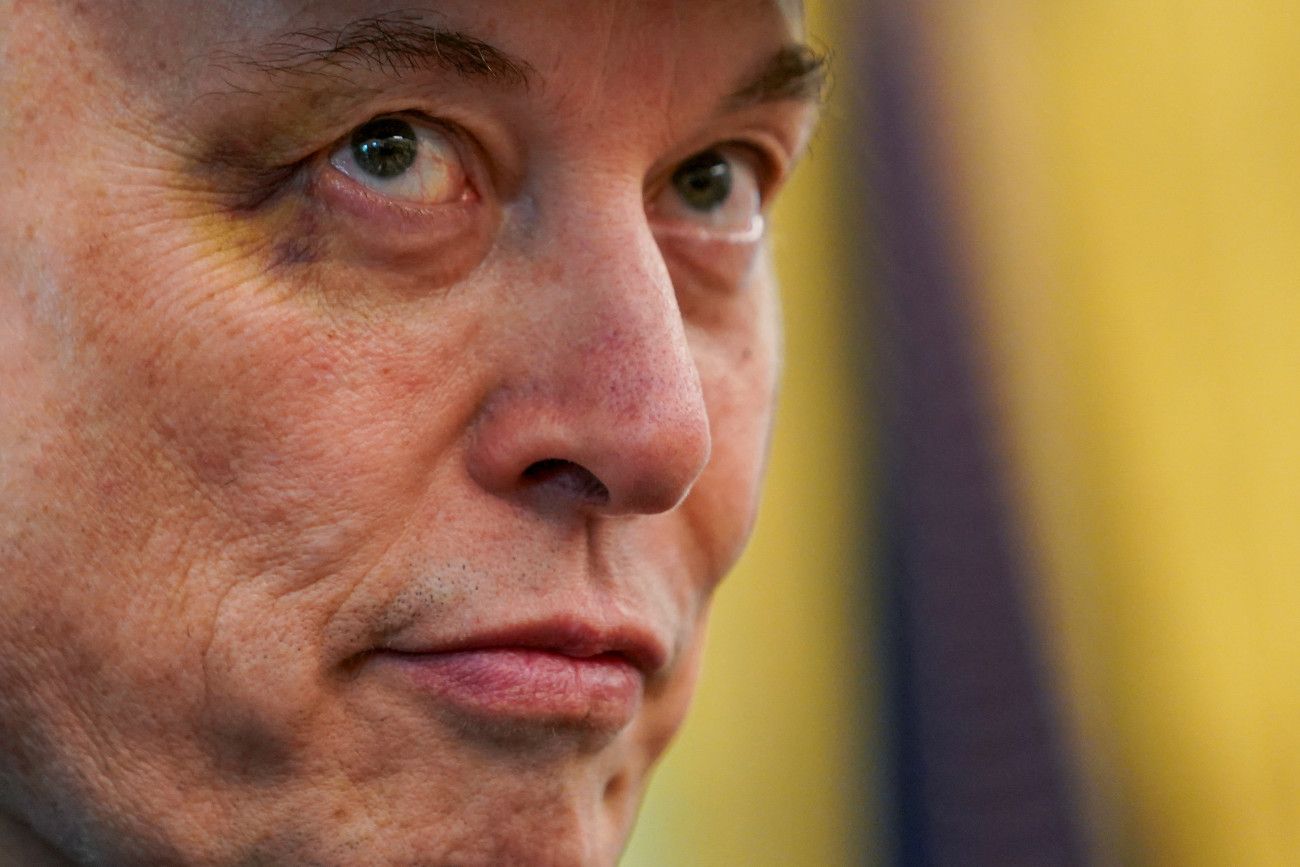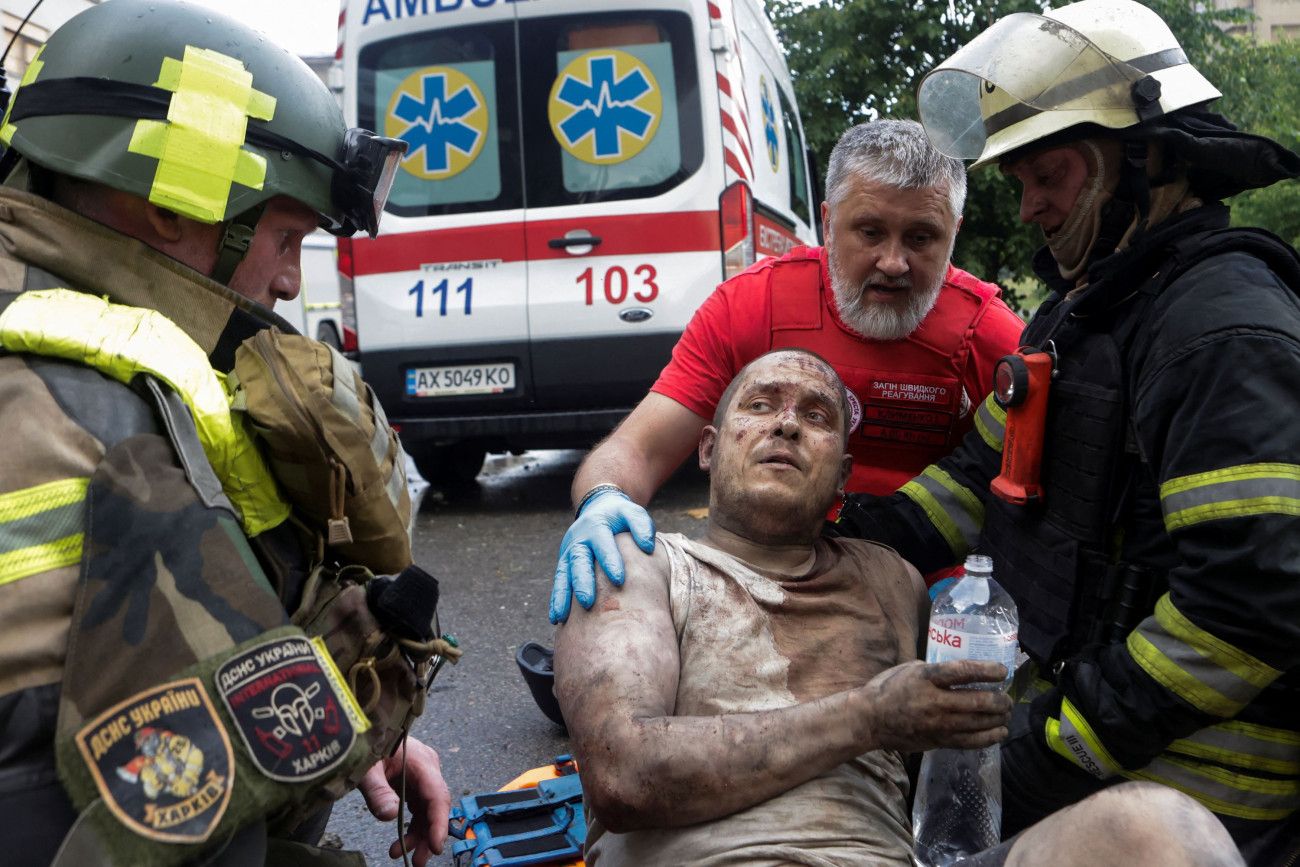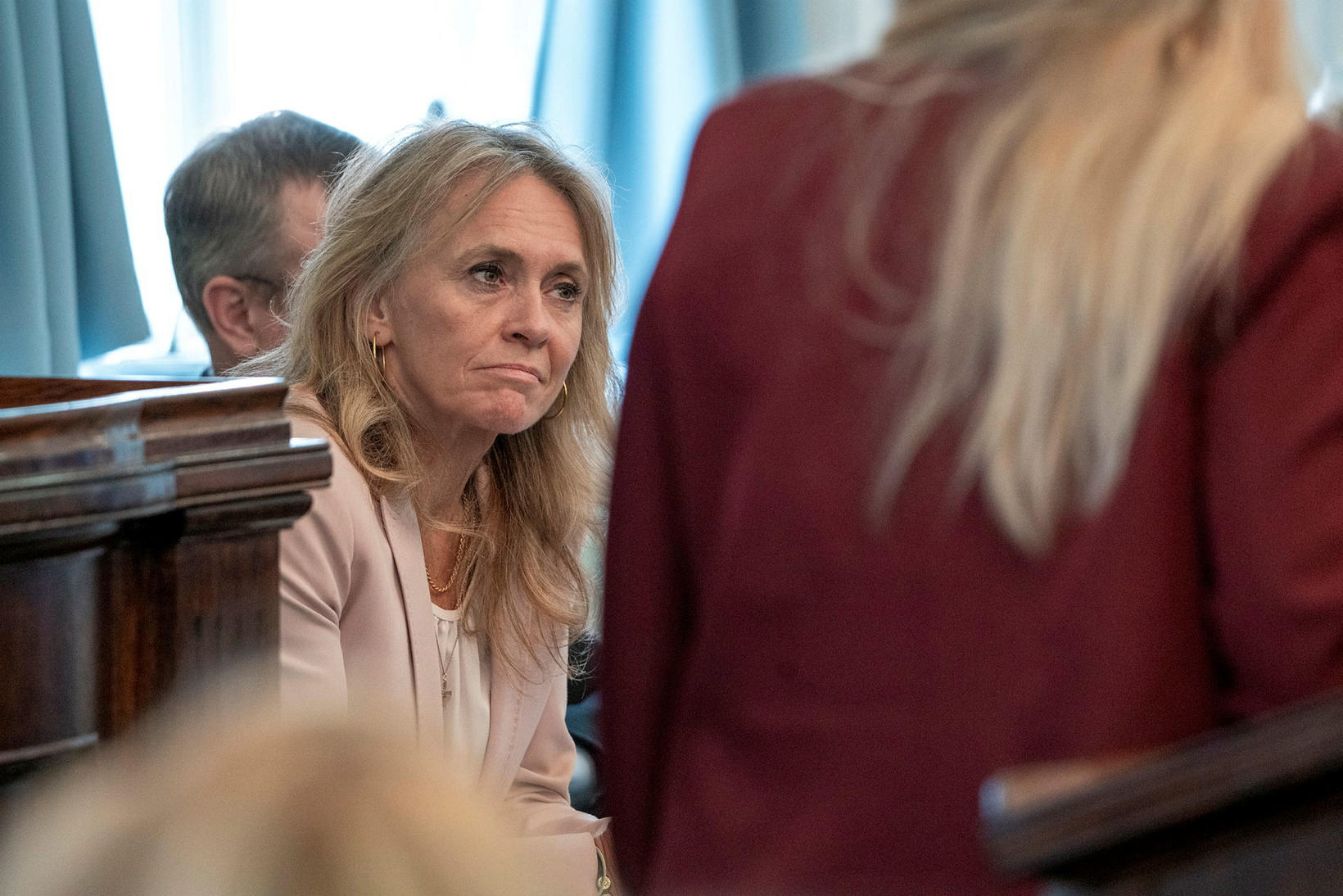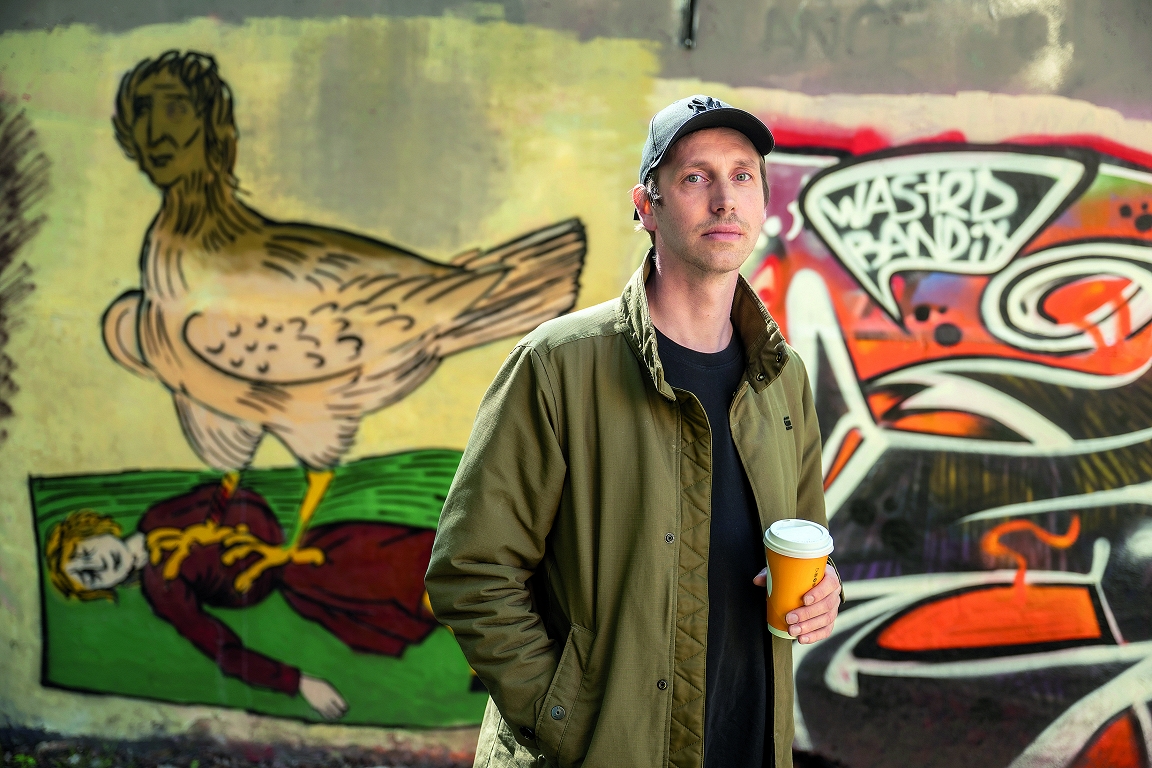Syria in the vibrant of Islam – days of terror for Greek Orthodox populations

Syria passes through a period of escalating intensity.
The assumption of power by Hayatt Tahrir al-Sam (HTS), led by Ahmed Hussein al-Sara (known as the war nickname Abu Mohammed al-Golani) not only has not brought stability, but has, on the contrary, created a climate of fear.
At the same time, extremist elements of the regime are uncontrollably engaged in a pogrom against minorities, causing disgust for the size of bloodshed.
During our recent visit to Damascus on March 8 and 9 we had the opportunity to see the image of the disaster.
The groups of the « revolutionaries » consist of HTS guerrillas and gangs of fundamentalists coming from other countries, such as Turkey, Turkmenistan and Tajikistan, with the aim of looting or nationalist revenge.
The main goal of the paramilitaries is the Alawites, which are a mystical sect of Islam and make up 10% population.
They meet in compact populations in the west and especially in coastal cities, such as Laodicea, Tarsus and a little further away the chama (surface).
The reason that the HTS Islamists and their comrades feed so much hate against the Alawites is not only religious differences, but mainly that the latter are considered supporters of fallen leader Bashar al-Assad.
Alawitis and himself, he made sure to keep these provinces in poverty to have the only way out of the army and thus to become « Praetorians » of the regime.

Poster in Damascus with the image of Bashar al-Assad perforated with bullets after being expelled from Syria.
But the goals have fired them all, as well as most of the public officials, so now the new order of things is leading to ethnic cleansing, wishing to permanently uproot the considered « backbone » of the old administration.
Apart from the Alawites, there are many Christians in these areas, with recorded murders, torture and dying churches.
These populations are basically Greek -Orthodox, Arabic -speaking or Greek -speaking, and rallies around the presbytery Patriarchate of Antioch, which performs an invaluable spiritual and charitable work.
Patriarch John I welcomed us to his office and enlightened us of the contribution of the coasts to the survival of thousands of people who do not live in a damaged economy.
to the international community and Greece to send humanitarian aid.
At the same time, in his sermon, on Sunday of Orthodoxy, he addressed the goal by asking him to put an end to these massacres and restore the sense of security and stability for all Syrians, regardless of their beliefs.
In the meetings that followed with the Greek community of Damascus, which reduces its presence in the Asia Minor Disaster, as well as with other Greek Orthodox and Christian communities, we have found anxiety and uncertainty about their own survival.
Golani is building an Islamic regime of authoritarian power based on his close circle of his associates and relatives.
The announcement of the implementation of a « transitional » constitution, with a five -year horizon, based on Sharia, considers the Sunni Muslim dominant group, while the other religious and ethnic communities are treated as « 2nd Class » citizens.
rejecting this act as a « dictatorship under the guise of the transitional phase », despite the fact that a few days earlier they had reached an agreement on their political and military integration.

Mosaic of photos of members of the Alawite family executed by armed Islamists in the town of Baniya in Tartus.
This impasse was also transferred to us by the foreign ministry officials who have remained in place.
The Directorate of European Affairs undertakes to consult with the executives of the new regime, in view of critical meetings with the European Union, but in practice the Islamic leadership is cut off from the long experience of the state mechanism.
A useful conclusion that remains from this mission is that for a large portion of Syria, Europe and in particular Greece are a historical beacon for building a representative and democratic state.

Syrian leader Ahmed al-Sara, also known as Abu Mohammed al-Golani.
On the other hand, the European countries and the European Commission itself, through the Official Representative for Foreign Policy, have not stood at the height of the circumstances.
The prospect of concluding colonial contracts for the rebuilding of Syria is making many, such as the Germans and the Italians, to « sideways » in organized human rights violations.
Despite the calls of the Greek Orthodox for help.
Athens remains monitoring the decisions of Member States with other priorities, other interests and other strategy.
In the midst of unpredictable rearrangements, maybe it’s time for a new, emancipated foreign policy.
Dr. Athanasios Grammenos is Executive Director of the Council of International Relations and Teacher at the Postgraduate Program « Religion, Geopolitical and International Security » at Aristotle University of Thessaloniki. In Damascus he accompanied MEP Nikola Farantouris as an expert-scientific partner







